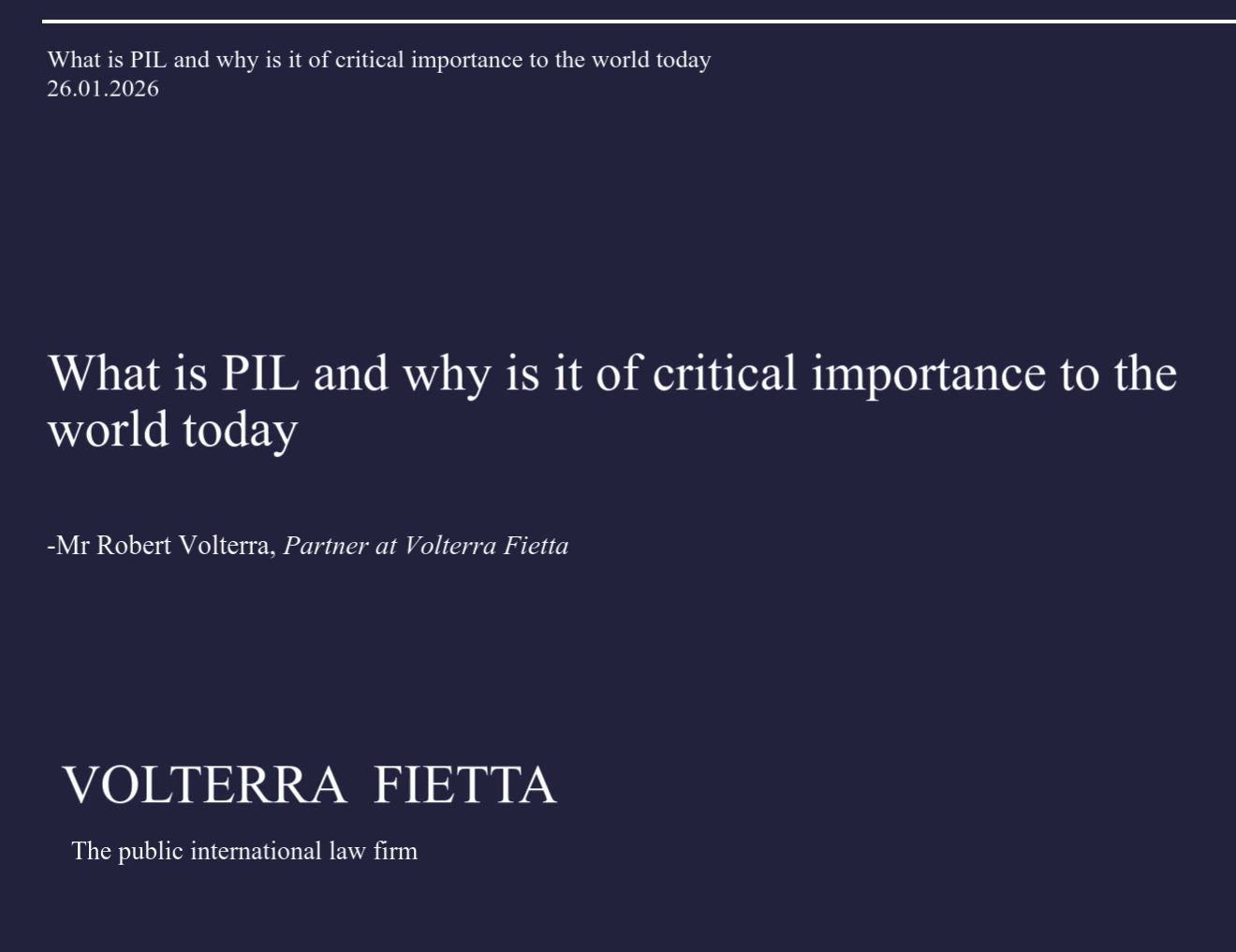The Russian Federation (“Russia”) is one of the Arctic rim-States and possesses a long coastline and islands north of the Arctic Circle. On 17 April 2017, Russia unveiled its new military base by providing a virtual tour of the base on the website of the Russian Ministry of Defence. The new base, named Arctic Trefoil (also referred to as Arctic Shamrock), is located in the island of Alexandra Land, which is the westernmost part of the ice-covered archipelago Franz Josef Land and part of Russian territory. It is the northernmost permanent installation of the Russian armed forces and it will house 150 personnel. Arctic Trefoil is Russia’s second major new base in the Arctic. The first, dubbed Northern Clover, is on Kotelny Island, north of Siberia.
From a legal point of view, it should be noted that there is no landmass at the North Pole. Since the law of the sea does not generally distinguish between fluid and frozen waters, it is now commonly accepted that the Arctic region and the relevant jurisdictional claims by Arctic States are governed by the United Nations Convention on the Law of the Sea and customary international law. The five Arctic coastal States are Russia, Canada, Norway, Denmark (via Greenland), and the United States of America (“US”) (via Alaska).
Several reasons for Russia’s Arctic military expansion have been given by experts. Firstly, the melting of the ice in the Arctic sea is making the area more accessible for shipping. In particular, Russia could be keen to control the Northern Sea Route in order to expand its commercial and military ports in non-frozen waters. Secondly, the new military base could be used to protect Russian oil and gas resources in the Arctic. Finally, the base could add Russian military power in the region in order to defend against any intrusion by foreign warships. This approach would be in line with the plan presented by Defence Minister Sergey Shoigu in 2014 to cover Russia’s northern borders with a network of military bases and radar stations as part of the country’s strategy in the Arctic.
The Arctic is faced with many problems of various kinds: environmental social, economic and legal. Further, it is last large area of the planet without a comprehensive legal regulation under international law. Notably, during the Cold War, the Arctic gained particular strategic relevance because it comprised the shortest route between the Soviet Union and the US. While strategic proximity may have lost most of its immediate relevance, economic issues such as the exploitation of mineral resources in the area bear particular potential for conflict and may even prove to be a risk for international security.
The resources in the Arctic region cannot be explored or exploited without first solving territorial issues and delimiting State borders. Russia was the first country to formally assert sovereignty over this area by submitting its claim to the United Nations Commission on the Limits of the Continental Shelf (“CLCS”) in 2001. The CLCS was formed in 1982 and is dedicated to addressing States’ claims for extension of their continental shelves beyond the Economic Exclusive Zone, which is comprised of 200 nautical miles over which a coastal State already has sovereign rights. The CLCS decided that it had received insufficient evidence substantiating Russian claims and recommended additional research. Years later, in 2007, explorers in a submersible vessel planted a Russian flag on the seabed below the North Pole in symbolic support of Russia’s claim to sovereignty over this area. In 2015, Russia resubmitted its bid with new evidence and the CLCS started examining this issue once more in August 2016. No decision has been reached by the CLCS yet but, should Russia be successful in its claims, the State would add 1.2 million square kilometres of mineral-rich seabed to its sovereign territory. In addition, Russia would gain more territory for other endeavours.
The inauguration of the Arctic Trefoil base further consolidates Russia’s interest in the Arctic region and will probably play a crucial geostrategic role in the resolution of the territorial disputes in the area.



